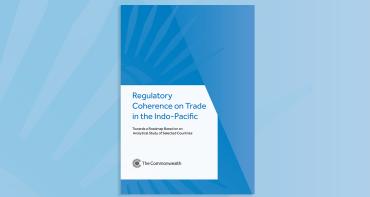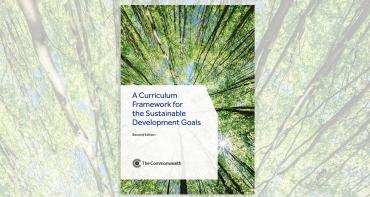Policymakers are considering how to boost the trade competitiveness of Commonwealth countries in light of multilateral trade agreements.

Policymakers are considering how to boost the trade competitiveness of Commonwealth countries in light of multilateral trade agreements.
Discussions at a workshop in Sri Lanka last week focussed on how developing countries can adapt to a rise in Free Trade Agreements (FTAs) –agreements between two or more countries to liberalise investment and trade in goods and services. Fifteen countries attended the talks, organised by the Commonwealth Secretariat, Sri Lanka’s Department of Commerce, the International Institute for Sustainable Development and the Institute of Policy Studies.
Multilateral trading rules set up under the Doha Development Agenda by the World Trade Organization (WTO) were expected to open up additional market access for developing countries, but stalled progress and lack of delivery has led to the rise of mega FTAs, such as the Trans Pacific Trade Agreement.
Addressing participants, Rishad Bathiudeen, Sri Lanka’s Minister of Industry and Commerce stated: “It’s not very easy for many of our countries as manufacturing and service industries and facing numerous capacity constraints.
“There is very little hope in WTO-led multilateral trade negotiations as it has kept the developing and least developed countries disappointed.”
New issues, however, are surfacing in the multilateral trade arena because FTA negotiations on areas such as labour rights, investment rules and rules on state-owned enterprises go beyond negotiations at the WTO. Developing countries require assistance to build capacity to respond to these emerging issues.
To improve Sri Lanka’s trade capacity, Rashmi Banga, Trade Competitiveness Adviser at the Commonwealth Secretariat, suggested setting up an Export Import Bank (EXIM) - a financial institution that provides finance for the export sector.
“Sri Lanka exporters need better export financing. Because they don’t have sufficient working capital, they seek bank overdrafts which most banks are reluctant to issue. Hence, the proposed EXIM Bank would be a great solution to enhance exports in the country,” she said.
The Commonwealth Secretariat provides technical assistance to boost trade for least developed countries and those with limited market access, such as small island states. This is achieved through improving market access, services liberalisation and trade facilitation.
Social media
Join the conversation online: @commonwealthsec #CommonwealthTrade #TradeFlagship



